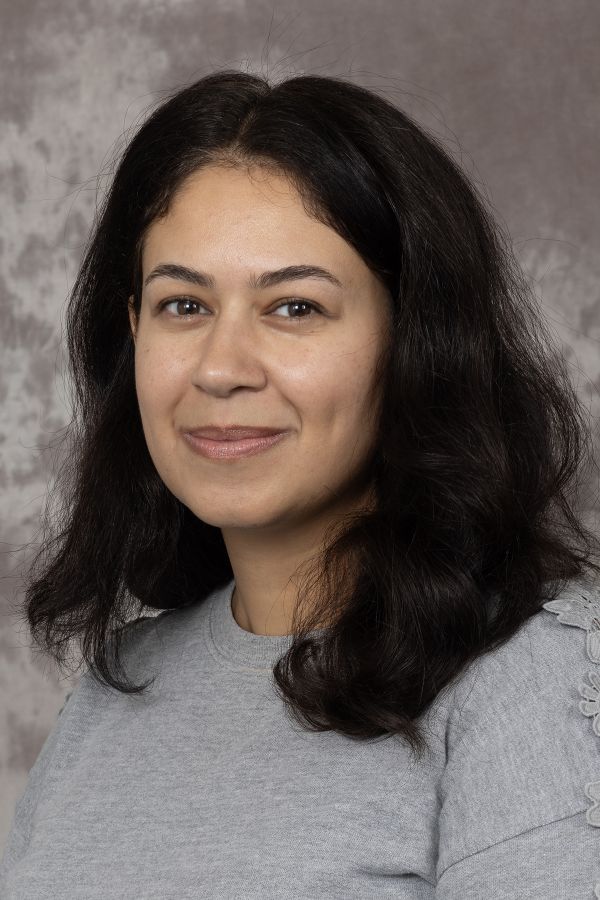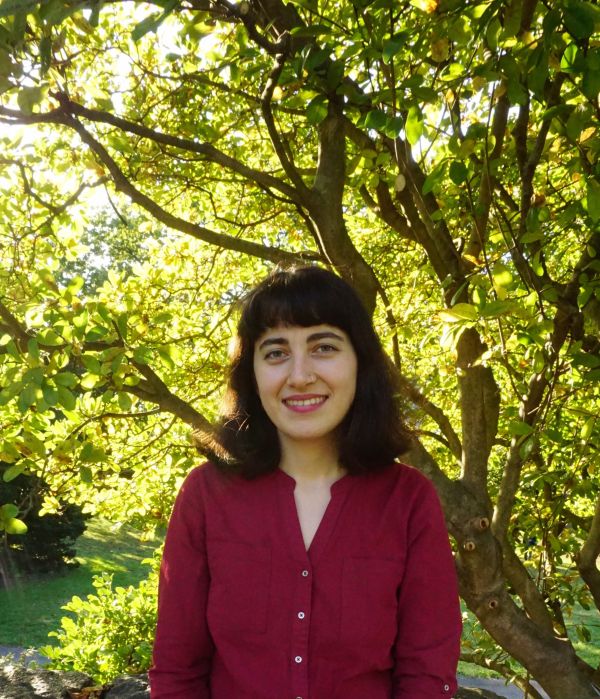2024 BRISMES Early Career Development Scholarship Winners Announced
We are delighted to announce that Dr Yafa El-Masri and Dr Ayşegül Kayagil have been selected as the winners of the 2024 BRISMES Early Career Development Scholarship. This award was established in 2021 to support activities geared toward strengthening the academic profile and CV of an early career scholar.

Yafa El-Masri
From the Committee: Yafa El Masri’s submission is exceptionally thoughtful, original and well structured. Her research reframes displacement and alternative humanitarianisms through showing how they respond to emergencies that global institutions fail to effectively address. She utilises autoethnographic recordings from her own life as a stateless Palestinian refugee born and raised in a refugee camp in Beirut, Lebanon to reflect on solidarity, sisterhood and food -sharing as mechanisms of care and community development. Yafa’s track record in publishing speaks to her drive and desire to contribute to the academic discourse of the consequences of settler colonialism within the global south through elevating the voices of natives, contributing to the fields of geography, middle east studies, refugee studies and beyond.

Ayşegül Kayagil
From the Committee: Ayşegül Kayagil’s submission is both highly original and exceptionally creative. On one hand, their archival and interview-based research with Afro-Turkish communities – descendants of the Ottoman slave trade – challenges our understanding (and erasure) of race as scaffolding for hierarchical relations in the region. On the other, their proposal to produce an interactive map that sketches out the urban and rural sites marked by this history, offers new, accessible methods for ‘reading’ and sharing alternative, often forgotten stories. This has incredible potential for widening the audiences for this important work, and how these histories become part of our everyday vernacular for studying Middle East pasts and presents. The committee’s feeling is that the prize will support an exceptionally important project, whose stakes include a shift to how both Middle East studies and global studies of race, consider black geographies as integral to Ottoman imperial legacies.
We would like to congratulation our winners and sincerely thank everyone who submitted an application!
